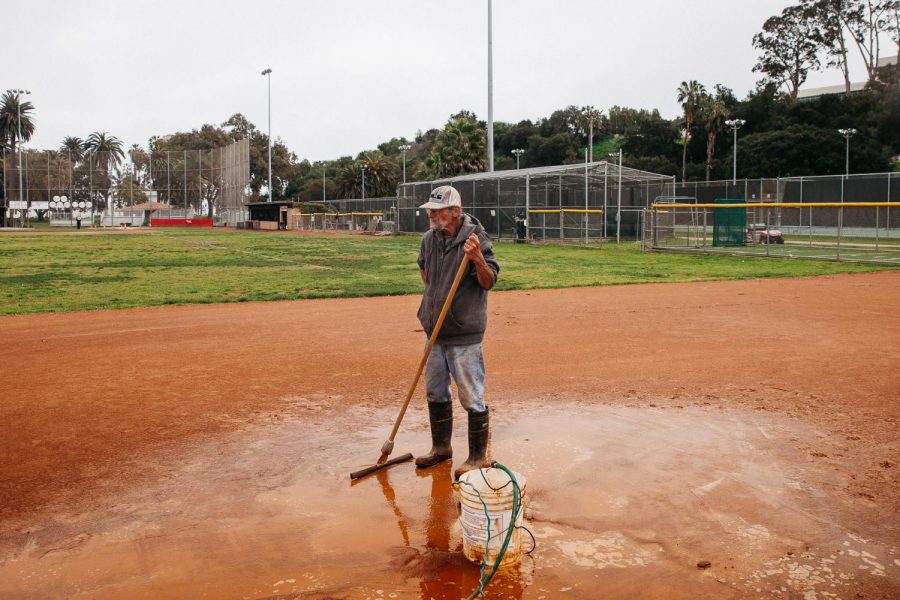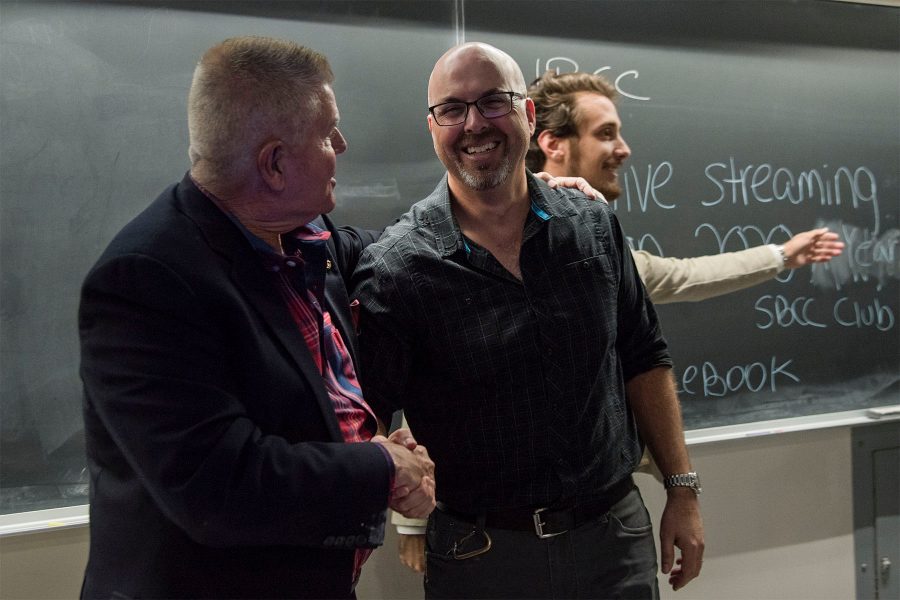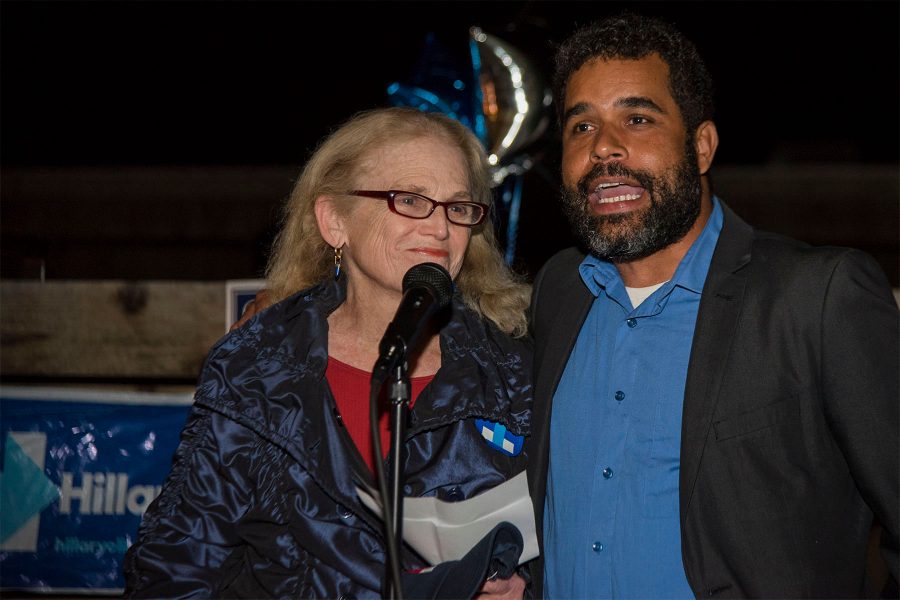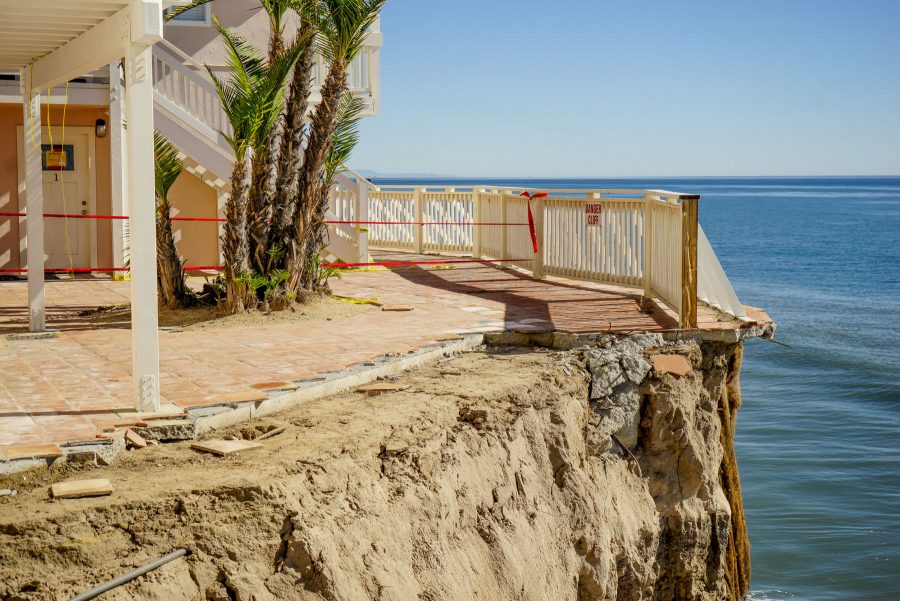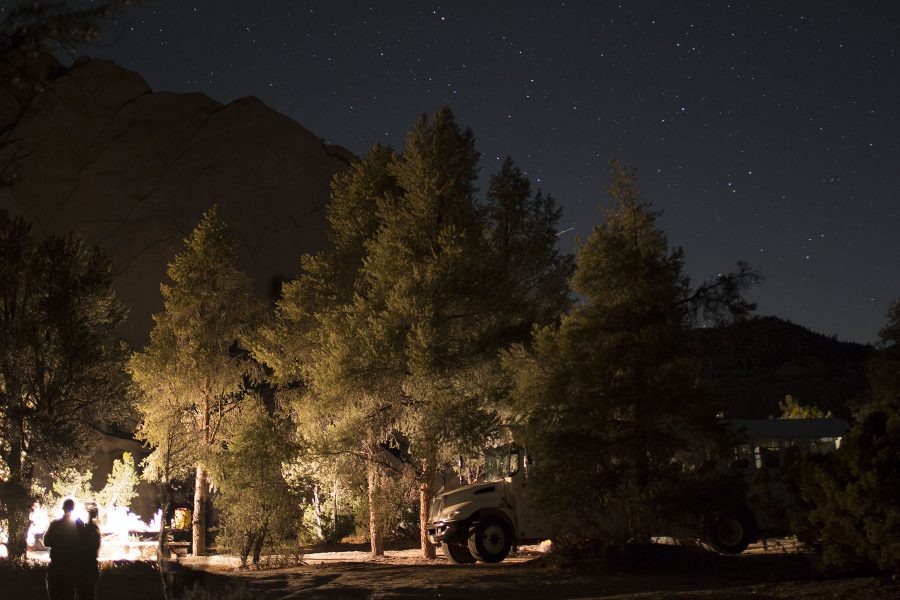If you don’t believe the hippies, maybe you will believe the Central Intelligence Agency. 
The CIA World Factbook says every single country in the world is sharing the following environmental hazards: air and water pollution, soil erosion, deforestation and desertification.
All of these problems are directly linked to industrial production of consumer goods.
It is not hard to see that we have built our societies and economies around unbridled consumer freedom. Political forces drive us to keep creating and consuming.
But can it last?
Within the current global economic model, prosperity demands growth. Expanding our economy requires us to expand our resource base and this is impossible.
In a world whose population is approaching nine billion, economic growth reliant on consumption is failing us as an ideology. Ronald Wright coined the term, “progress trap,” to describe things that are initially good but lead to disaster later down the road.
This resonates as the effects of out exponential growth have begun to be seen. Prosperity without growth is an economic model that does not yet exist.
We have been disguising prosperity as short-term, materialistic and individualistic.
This, boys and girls, is what we call consumerism.
Our governments are ensuring ecological destruction by co-creating this culture of consumption.
We know with rising affluence in China, India and the developing world, production of goods will be stretched to its limits.
Flourishing within our ecological limits will require intervention and regulation on our government’s part.
Of course capitalism relies on de-regulation, creating a conflict of interest for our policy makers.
This makes it impossible to satisfy both our environmental long-term needs and short-term commercial growth.
The West has taught the world to speak the “language of goods;” the most common way to measure success—not by what you are but what you have.
The paradox of growth is slowing, making its way into mainstream beliefs. Economic devastation stems from growth itself. Unlimited economic progress in a world of finite natural resources doesn’t make sense.
It is bound to collapse.
So what do we do?
There is not much we can do. Changing the ideological beliefs of generations is a task that has yet to be accepted.
Furthermore to convert our economy to a sustainable one (or at least somewhat sustainable) would require an investment in infrastructure that has no bagmen at the door.
With an estimated 60 percent of our world’s ecosystem already degraded, there is no sign we are willing to give up our material comforts to save the rest.
Addressing this politically would have you thrown out as a radical revolutionary. Still the issue is real, one-day growth will have to stop.
We must find a balance, as our species inherently consumes, there is no stopping the economical production of goods.
We can either unite in our sustainability or be united in our destruction.





